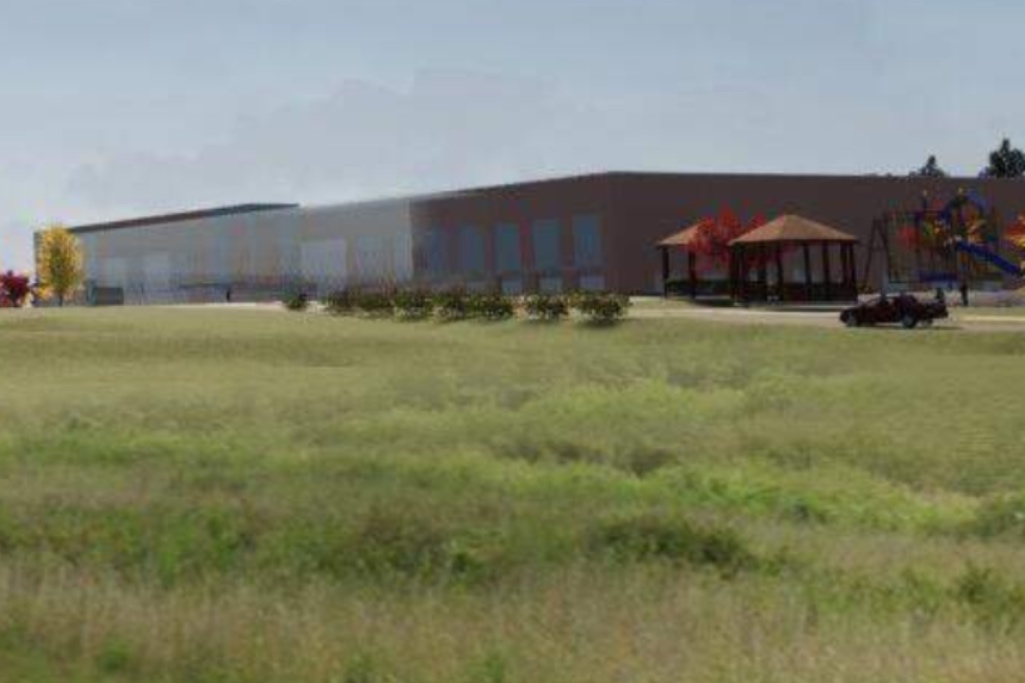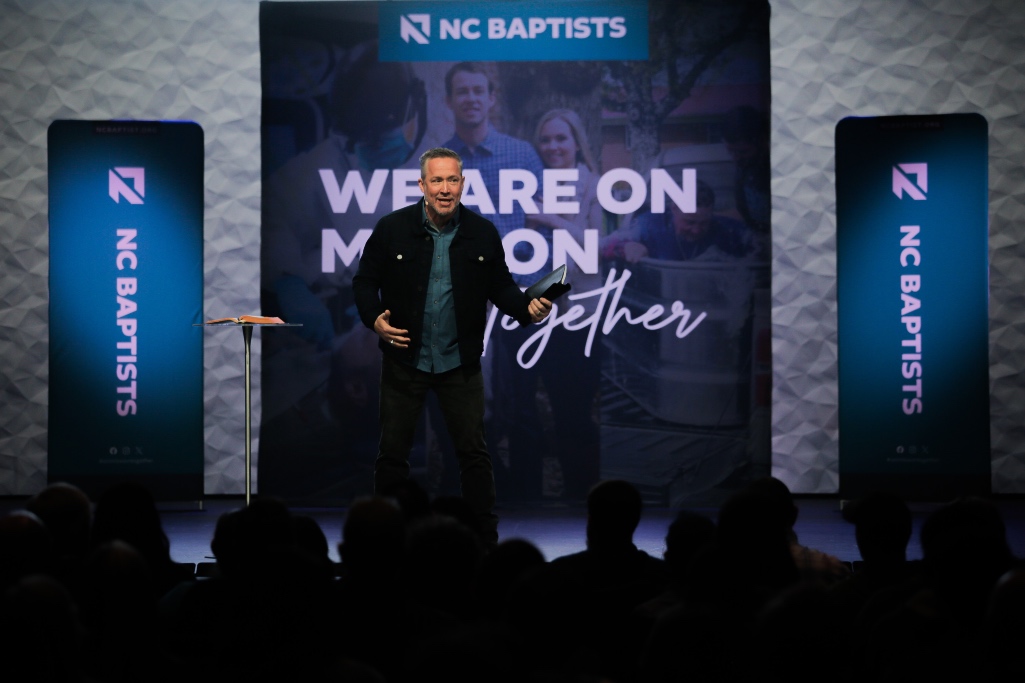
The Summit Church in Raleigh-Durham has a plan to reach the world by starting more churches, an evangelistic process often called church planting. Their goal is lofty – 1,000 churches in 50 years. But with an emphasis on disciple-making and cooperation, church leaders believe they are on the right track.
“The church is the institution that Jesus left us when He gave us the Great Commission – God’s ‘Plan A’ for reaching a lost world,” said Todd Unzicker, pastor of sending at The Summit.
They have started 248 churches to date, including 208 outside the U.S. In addition, 158 Summit members are currently serving as International Mission Board (IMB) missionaries, with 17 participants in the “limitless pathways” initiative, meaning those missionaries continue to work in professional careers while partnering voluntarily with an IMB team.
The church has sent nearly 1,000 people to do mission work over the years, both domestically and internationally.
The Summit is also reaching thousands of residents and college students in the Triangle region of North Carolina. In 2017, The Summit averaged nearly 10,000 in total weekend worship attendance at nine campus locations that make up its multisite approach to ministry. The Summit baptized more than 500 people last year and reported 45 salvations in its college ministry.
The church began as Homestead Heights Baptist Church in 1962, but went through a “revitalization” in 2002, a year after selecting J.D. Greear as pastor.
“We introduced a clarification of the vision,” Greear told the Biblical Recorder. “In reality, it was a return to the vision of the church’s original founder – Sam James of IMB fame. We wanted a fresh start. Three hundred longtime Summit members committed to do whatever it took to reach people and follow the Holy Spirit wherever He leads.”
The Summit wants to see new congregations in every North Carolina college and university town, influential cities across the U.S. and regions around the world with low Christian populations.
Milton A. Hollifield Jr., executive director-treasurer of the Baptist State Convention of North Carolina (BSC), applauded how the church “promotes evangelism and disciple-making” in a statement to the Biblical Recorder. He also highlighted similarities between The Summit and the state convention’s missions and ministry strategies, which include a focus on making disciples, planting churches and reaching college students.
Will Toburen, executive pastor of discipleship ministries, said, “We believe that disciples make disciples, so our discipleship and evangelism strategies are inextricably linked.”
At the core of The Summit’s church planting and discipleship model is an emphasis on multiplication. They train each new Christian disciple to make more disciples and each new church to start more churches, and so on.
“Multiplication always grows faster than addition,” Unzicker said.
Church leaders know their goal of “1,000 churches in one generation” is ambitious – likely impossible – if they work alone. That is why they cooperate with other local churches.
“We’re not trying to do a new thing,” said Greear, “simply do the ‘old things’ in a new generation with the power of the Holy Spirit. … We are grateful for our partnership with the BSC in doing that.”
Unzicker echoed that sentiment: “The Baptist State Convention of North Carolina has been a great partner.”
In 2014 church leaders decided to begin a five-year process of gradually increasing The Summit’s Cooperative Program (CP) giving.
“We are big believers in cooperation for the purpose of mission,” said Greear, “and since the Southern Baptist Convention [SBC] is our tribe, it made sense that the lion’s share of our giving should go there.”
Their CP commitment made an unexpected turn in 2016.
“We found ourselves in a place where God had so blessed us financially that we could go ahead and get to our five-year goal, so we did that,” Greear said. “We are very excited to be a part of the SBC right now, and feel like God has a lot for the SBC in the future. Missions is what the church is all about, and churches helping churches is a core New Testament strategy.”
Hollifield also commended The Summit’s preaching and Bible teaching ministry. For 2017, The Summit reported that nearly 5,000 people were engaged in one of the church’s 355 small groups.
“J.D. is a solid and effective preacher,” he said, “but he is not the only one who is teaching the Word of God. People who attend there are getting biblical truth from a number of people, helping them grow in their faith. As a result, they are challenging people to surrender their lives to the Lord and answer God’s call on their lives.”
Unzicker said college students were a strategic part of their mission strategy, calling them an “untapped gift to the church.” Young adults have the time and flexibility to develop interest and experience in international missions. They are “eager to take on new challenges,” Unzicker explained. As they begin to graduate, marry and start families, their “global vision for the world” will “infect the DNA of all our churches.”
Greear said, “We’ve been given a great tradition of faith, and we want to steward it well for the next generation. We want to take the old, historic gospel into the future.
“I believe the greatest days of the SBC are ahead of us, and it’s exciting to be alive at this time. We need God’s grace and His help more than ever, and we believe He is more than ready to give it. We face new challenges in being faithful gospel preachers in the 21st century. But Jesus, the Lord of the church, is the same yesterday, today and forever. He helped our forefathers; He will help us.”


